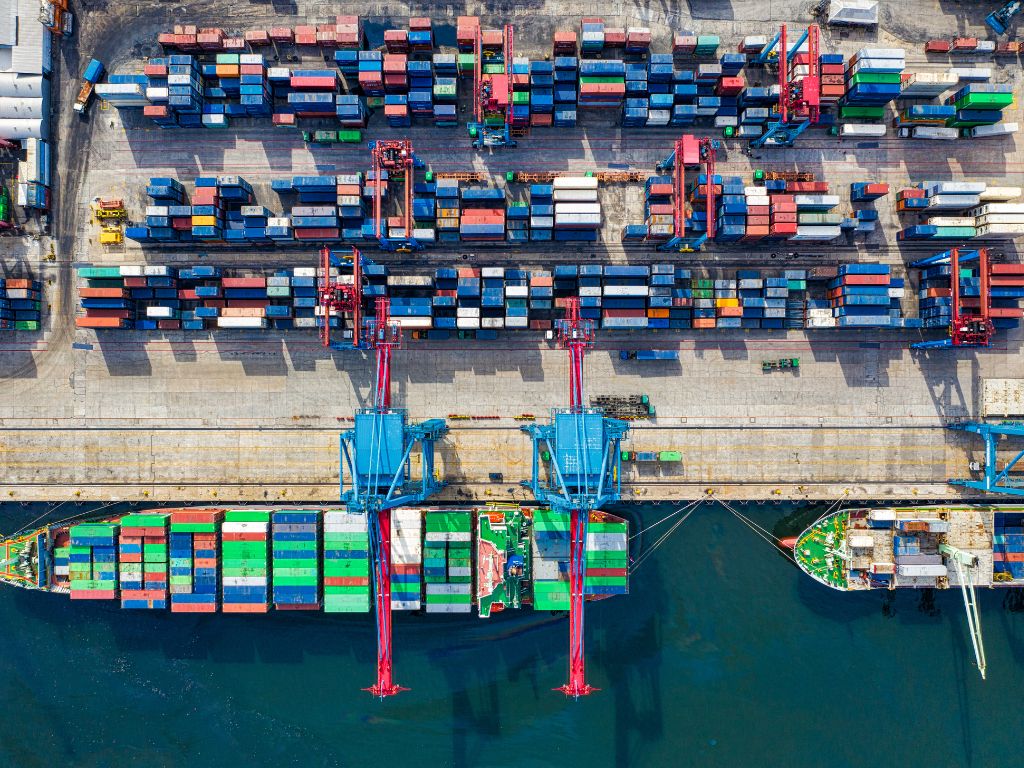
 March 15, 2023
March 15, 2023
Product development and sales may get the glory, but it is distribution that is the unsung hero of any business. You can have the best product in the world and thousands of eager buyers, but if you can’t get your product into your customers’ hands, none of it has any meaning.
A distributor buys products from the manufacturer, stores them, and resells them to retailers, end users or customers. Most distributors also provide marketing, technical support and other services that benefit the supplier. The strength of your distribution network can make or break your business, and it is more effective and efficient to have distribution performed by third parties that are familiar with the local market and close to the customers. This will especially be the case when you are selling products outside of Ireland.
It also makes sense to hire businesses that specialize in distribution because they will have the infrastructure and systems in place to most efficiently get your product in the hands of your customers, and will often be responsible for marketing in their assigned region as well. In addition, distributors will be responsible for warehousing and shipping and will take on credit risk for uncollectible accounts receivable.
Distributors need to make a profit as well, however, so in return for shouldering these responsibilities the distributor may request preferable terms for the purchase of your product. In addition, the distributor might demand exclusive rights to the territory they cover, which will add a whole new level of negotiation when it comes to the Distribution Agreement.
In fact, many of the most important parts of a Distribution Agreement will be driven by whether or not exclusive rights are granted. These clauses include the efforts the distributor must make to sell your products, the territory covered by the agreement, and the termination provisions. In an exclusive distribution deal, you will want to clearly spell out the marketing and distribution efforts that you require from the distributor, the level of organization it must maintain, and minimum sales targets for the area covered. You do not want to get locked into an exclusive arrangement with a distributor who is either not using its best efforts to promote your product or who is simply not up to the task, so the default, cure and termination provisions are very important.
In addition, the territory covered by the Distribution Agreement should be specifically defined, because you don’t want to end up in breach of another exclusive distribution agreement if one distributor strays into the territory of another. You also don’t want a distributor with insufficient reach attempting to sell your products where it cannot provide the appropriate level of customer service. On the other hand, the distributor will want the ability to “cure” or remedy any failure to meet minimum sales targets as long as it is using its best efforts to meet the goals.
Regardless of whether the arrangement with your distributor is exclusive or non-exclusive, the Distribution Agreement will cover the following areas:
It is very important for a supplier to thoroughly investigate a distributor and the local market before any Distribution Agreement is signed. In many respects, the distributor will be the face of your company with respect to your customers, and the distributor’s reputation will become your reputation. Make sure your distributors have the business skills and resources to represent your company well and deliver on their promises to customers.
When you are selling outside of Ireland, it is also important to investigate local law. In some countries, distributors may have rights similar to agents. So what you think may be the terms of the Distribution Agreement may actually be trumped by local law in a manner that is not favourable to you as the supplier.
In addition, depending on the type of product or service you are selling and the capabilities of your distributors, it will often be useful to enter into agreements with local sales agents as well.